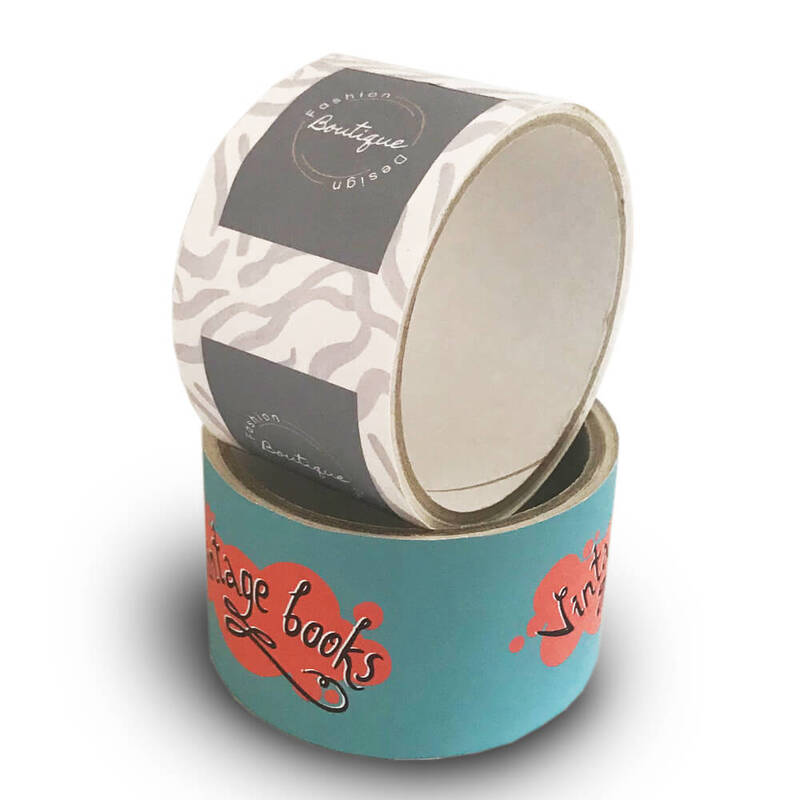The Unsung Hero of Sustainability Bread Bags
In a world increasingly aware of the consequences of plastic pollution, one particular item remains largely overlooked in the conversation bread bags. Often discarded without a second thought, these simple packaging tools have a significant impact on both the environment and our daily lives. While we may appreciate their convenience, we rarely consider the role they can play in sustainability.
Bread bags, typically made from plastic, are designed to keep our favorite loaves fresh and accessible. They serve a simple yet crucial purpose to protect bread from bacteria and mold, while also preventing it from drying out. This function not only benefits consumers but also helps bakers minimize food waste. When bread is kept fresh for longer periods, it ultimately translates to less bread being thrown away. However, as our understanding of plastic pollution deepens, it becomes critical to assess how we can improve the sustainability of this commonplace item.
One of the key issues surrounding traditional bread bags is their single-use nature. Many end up in landfills, where they can take hundreds of years to decompose. According to the Environmental Protection Agency, plastic takes approximately 1,000 years to break down in a landfill. As such, the accumulation of plastic waste directly contributes to environmental degradation. This raises the question how can we redesign bread bags for a sustainable future?
Innovations in material science are paving the way for more environmentally-friendly packaging options. Biodegradable and compostable bread bags are becoming increasingly available, utilizing materials derived from plants rather than petroleum-based plastics. These alternatives break down more quickly and can even return nutrients to the soil, thereby completing a sustainable cycle. Brands that adopt these materials demonstrate a commitment to environmental stewardship, appealing to eco-conscious consumers.
bread bags

Moreover, the concept of reusability is gaining traction. Some companies are producing durable fabric bread bags, which can be washed and reused several times. This approach not only reduces waste but also taps into the rising trend of zero-waste living. Consumers are encouraged to bring their bags to the store, creating a more circular economy while minimizing single-use plastics. By prioritizing reusable options, we can significantly decrease the environmental impact of bread packaging.
Another important aspect to consider is the role of education in promoting sustainable practices. Many people are not aware of the implications of their habitual use of conventional bread bags. By raising awareness about the environmental costs associated with plastic waste and the benefits of alternative solutions, we can empower consumers to make informed choices. Grocery stores and bakeries can participate in this effort by providing information on sustainable packaging and offering incentives for customers who bring reusable bags.
In addition, community initiatives can foster a sense of collective responsibility towards waste management. Bread bag recycling programs, for instance, could be implemented to ensure that used bags do not end up in landfills. By establishing designated drop-off locations where consumers can return their plastic bags for recycling or repurposing, communities can mitigate waste while engaging in more responsible consumption practices.
Ultimately, bread bags serve as a microcosm of the larger sustainability movement. They highlight the importance of reevaluating the products we use every day and considering their impact on the planet. As consumers, we have the power to drive change through our purchasing decisions. By opting for brands that prioritize sustainable packaging and supporting policies that encourage environmentally-friendly practices, we can contribute to a healthier planet.
In conclusion, bread bags, though seemingly insignificant, play an essential role in our lives and the environment. With growing awareness and innovation, we can transition from traditional plastic bags to more sustainable alternatives. Whether through biodegradable materials, reusable options, or community recycling programs, there are various paths toward sustainability. By embracing these changes, we not only preserve the freshness of our bread but also take a vital step toward reducing our ecological footprint. The next time you reach for a loaf of bread, consider the bag it comes in—it might just be an unsung hero in the fight for a greener future.



